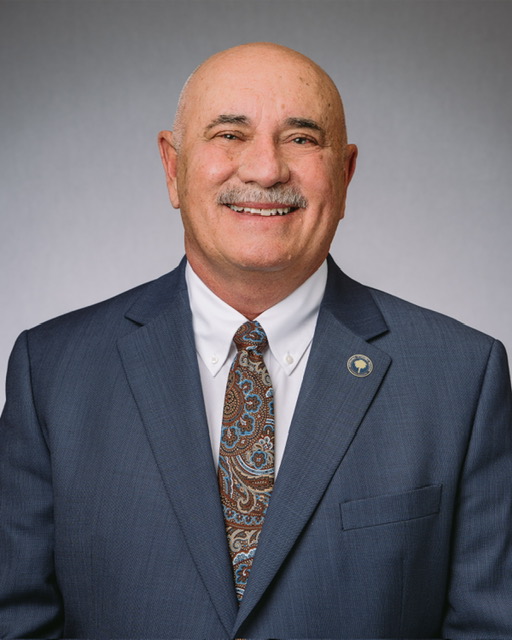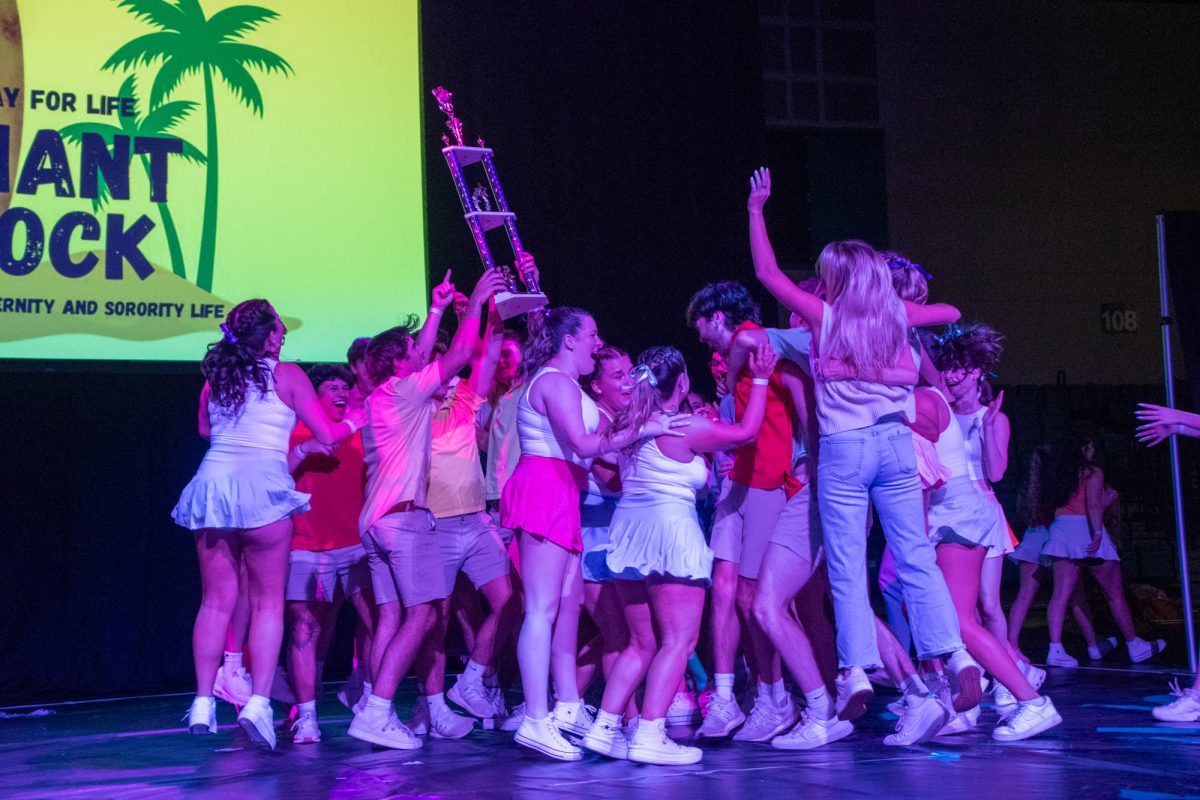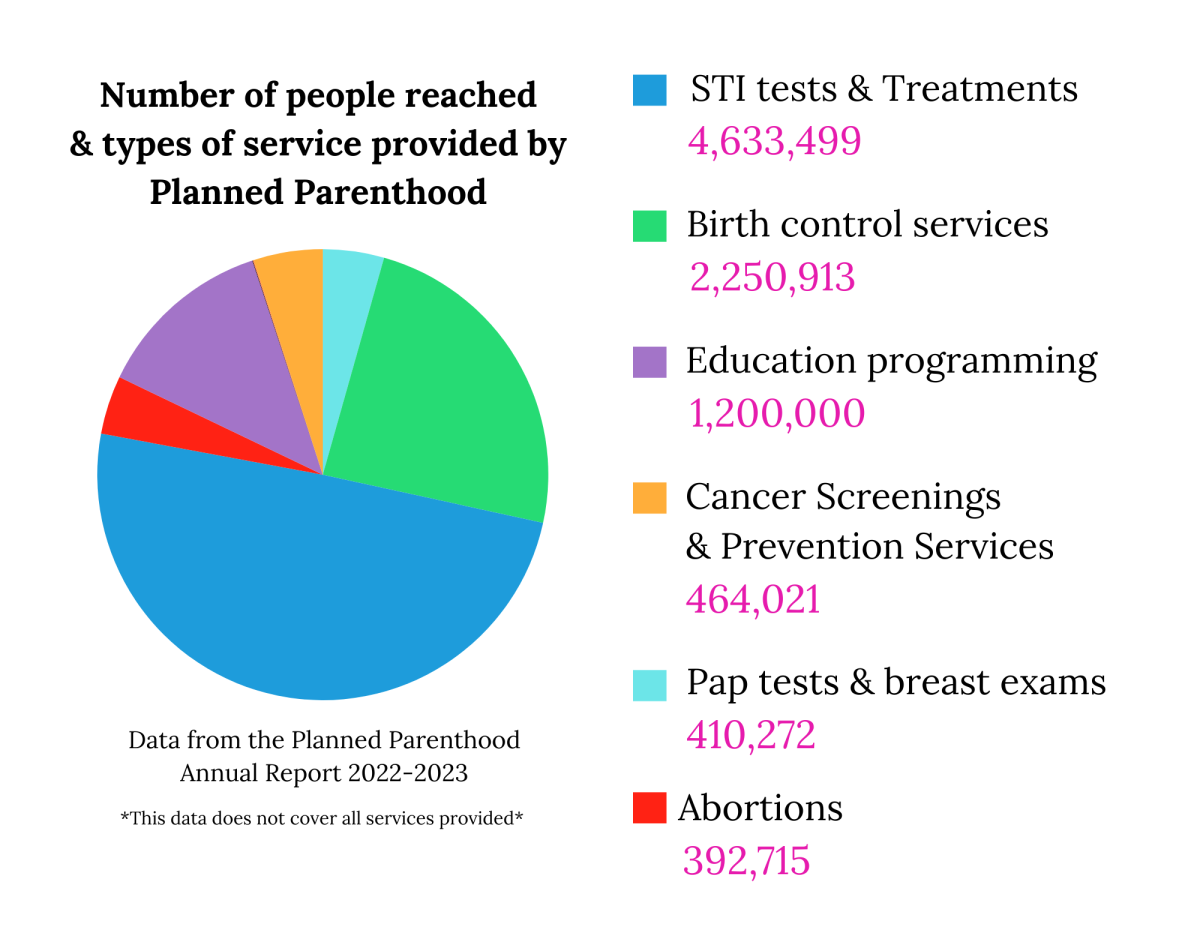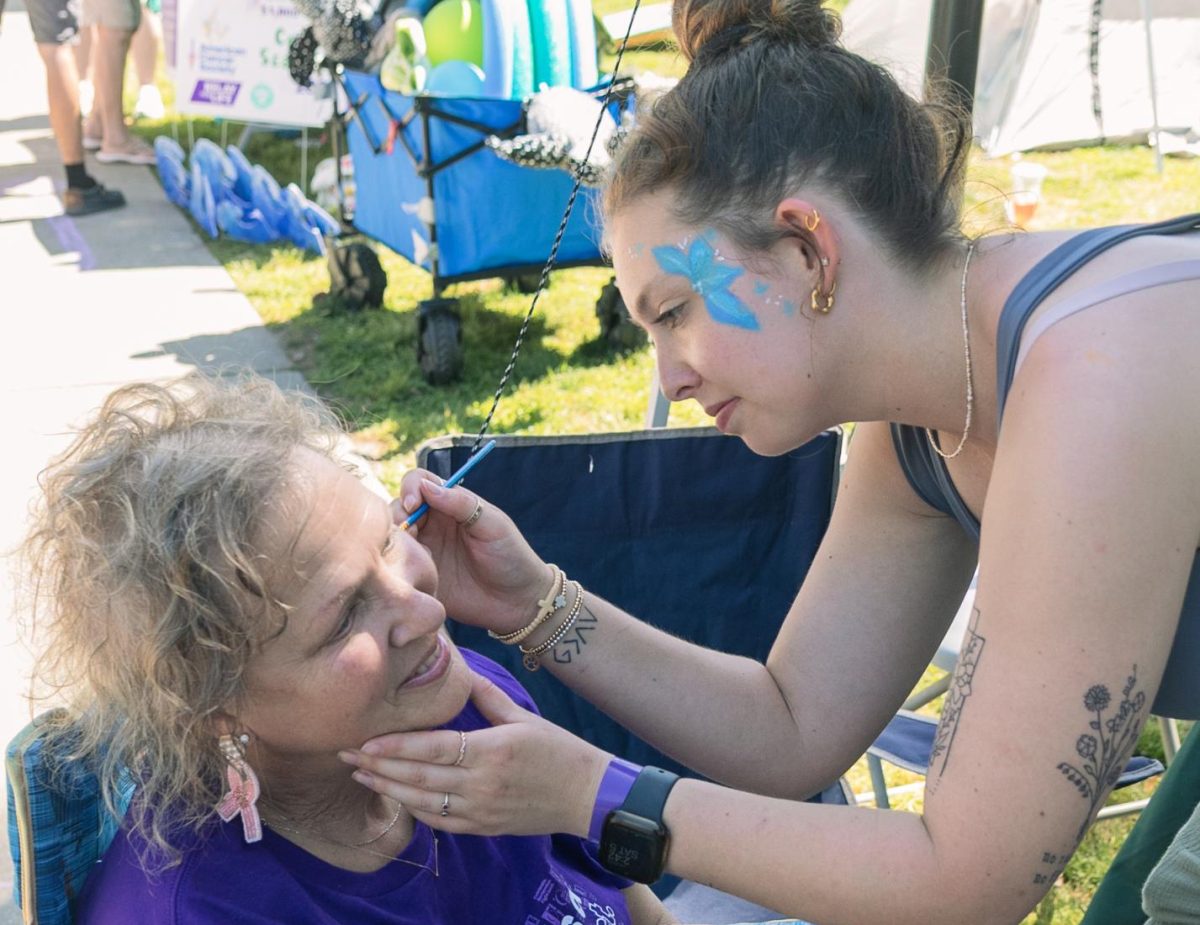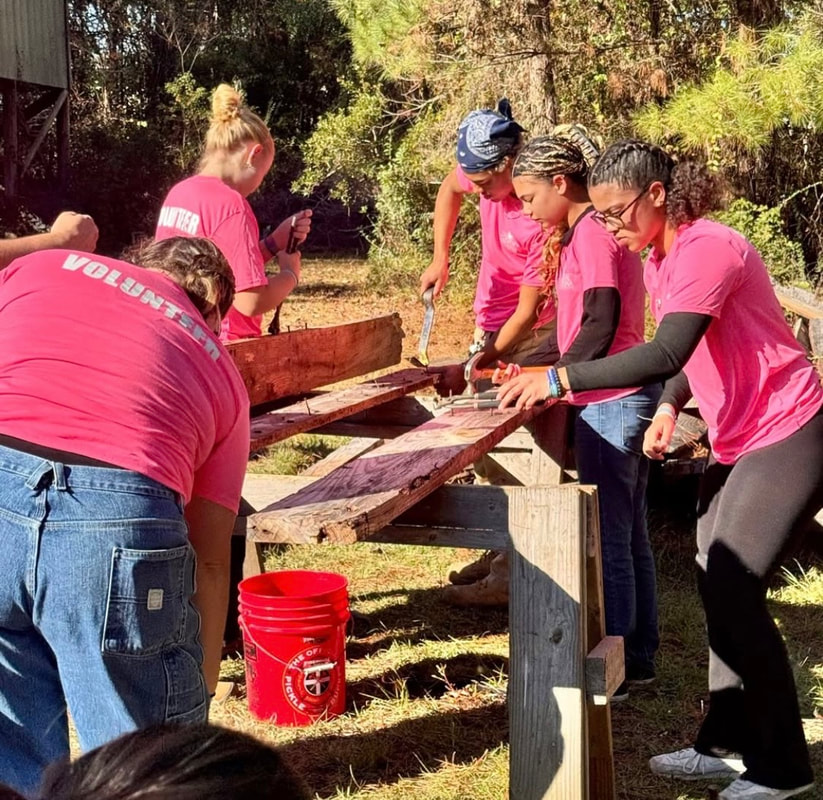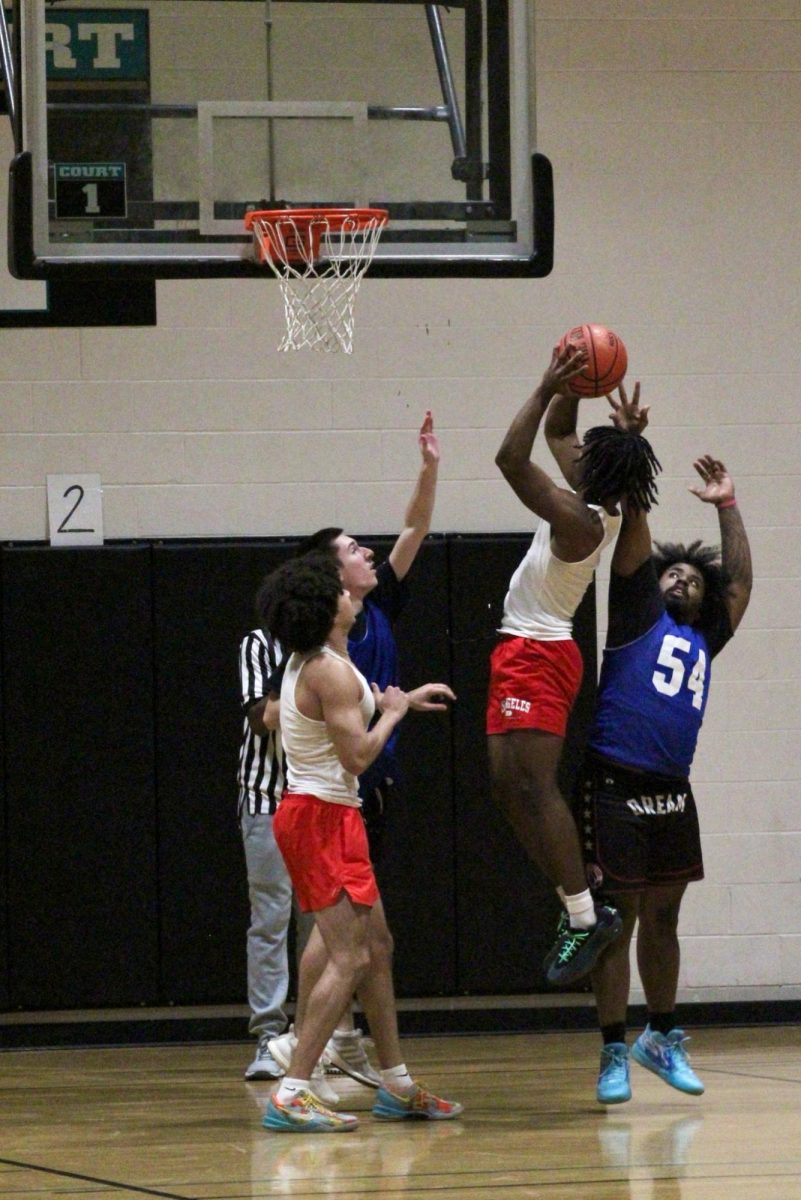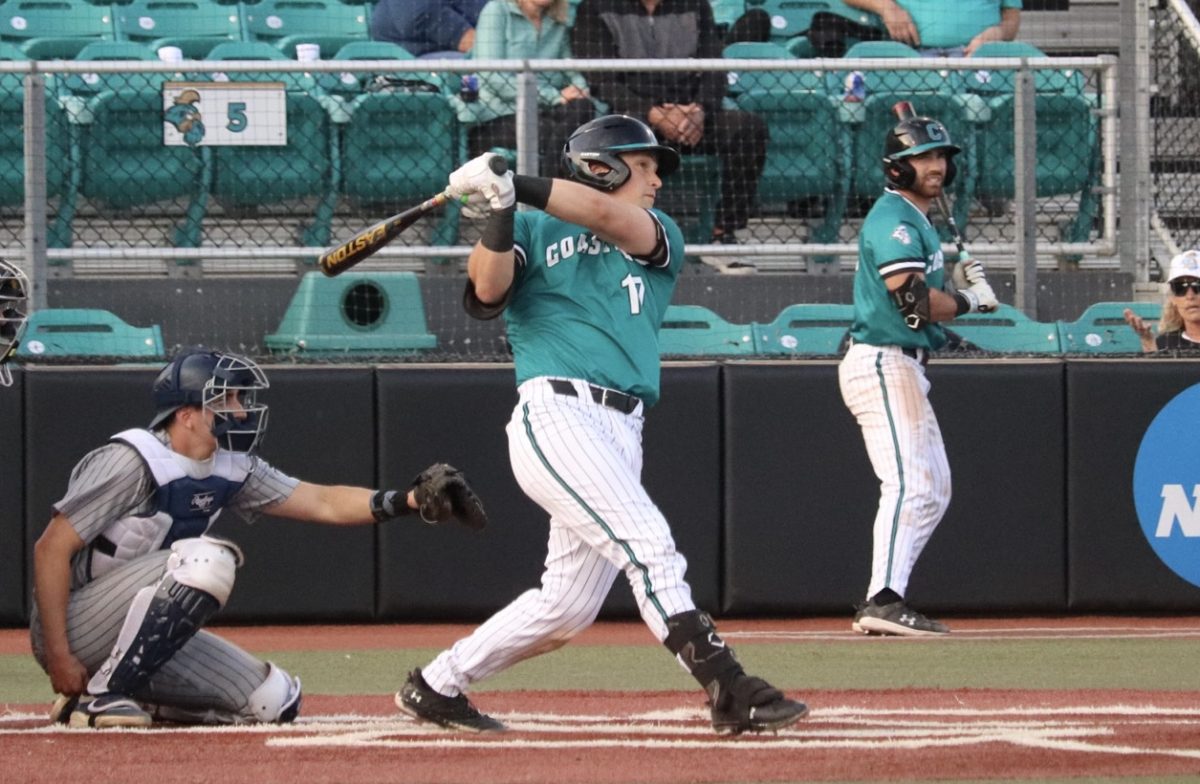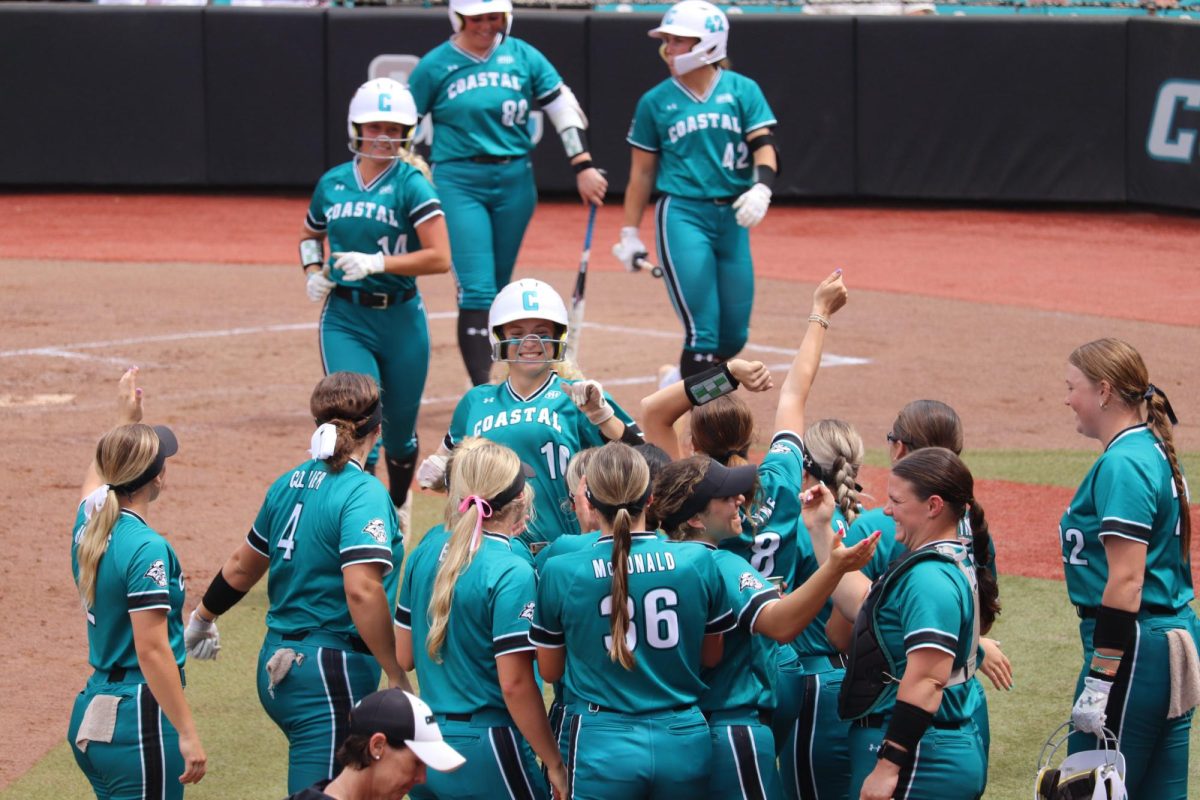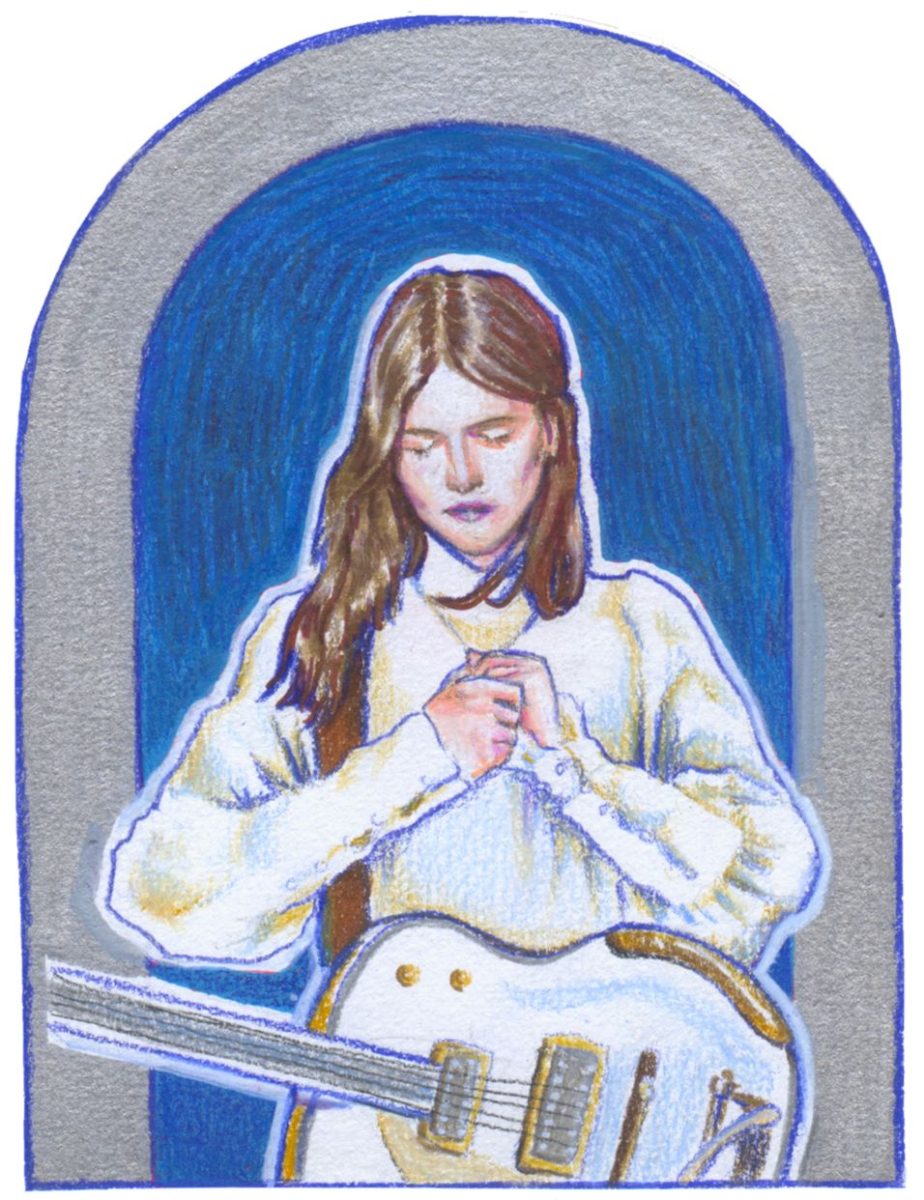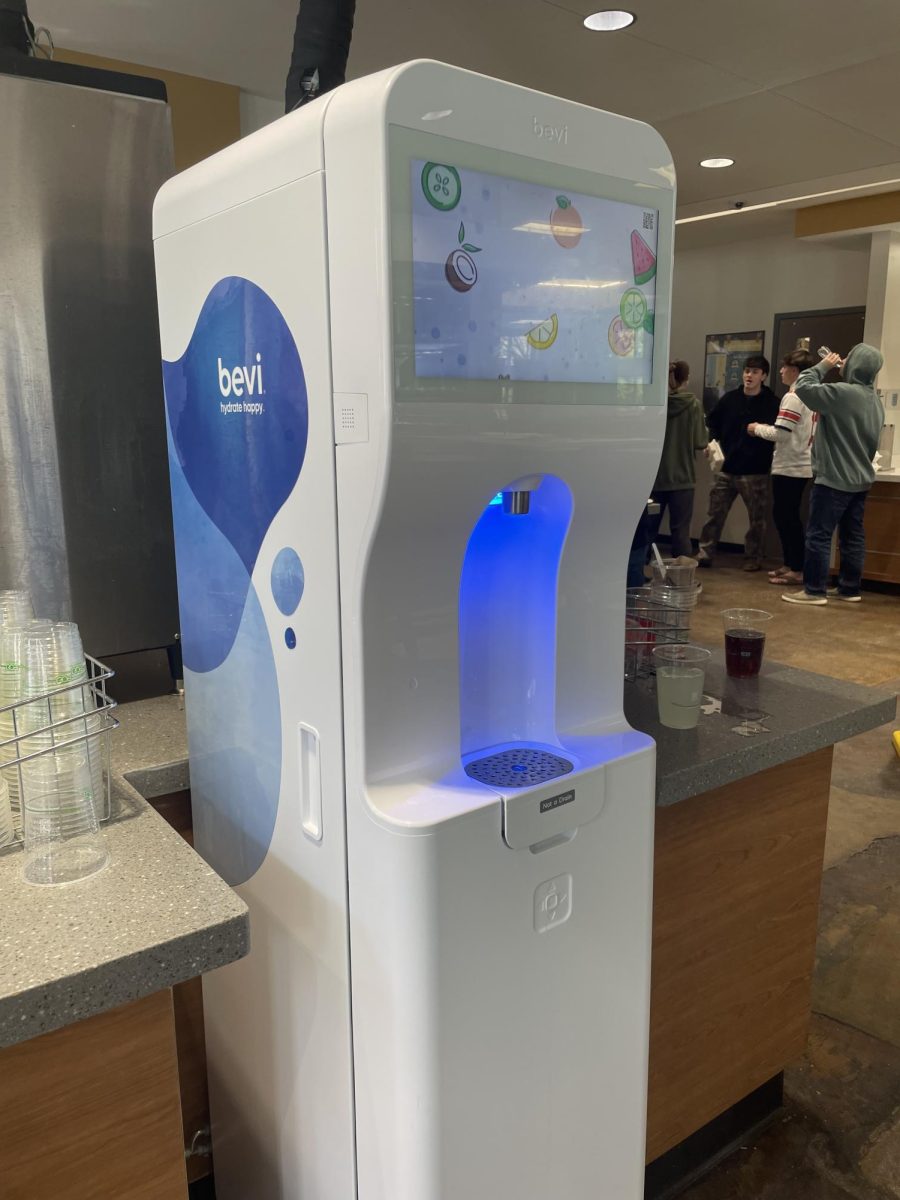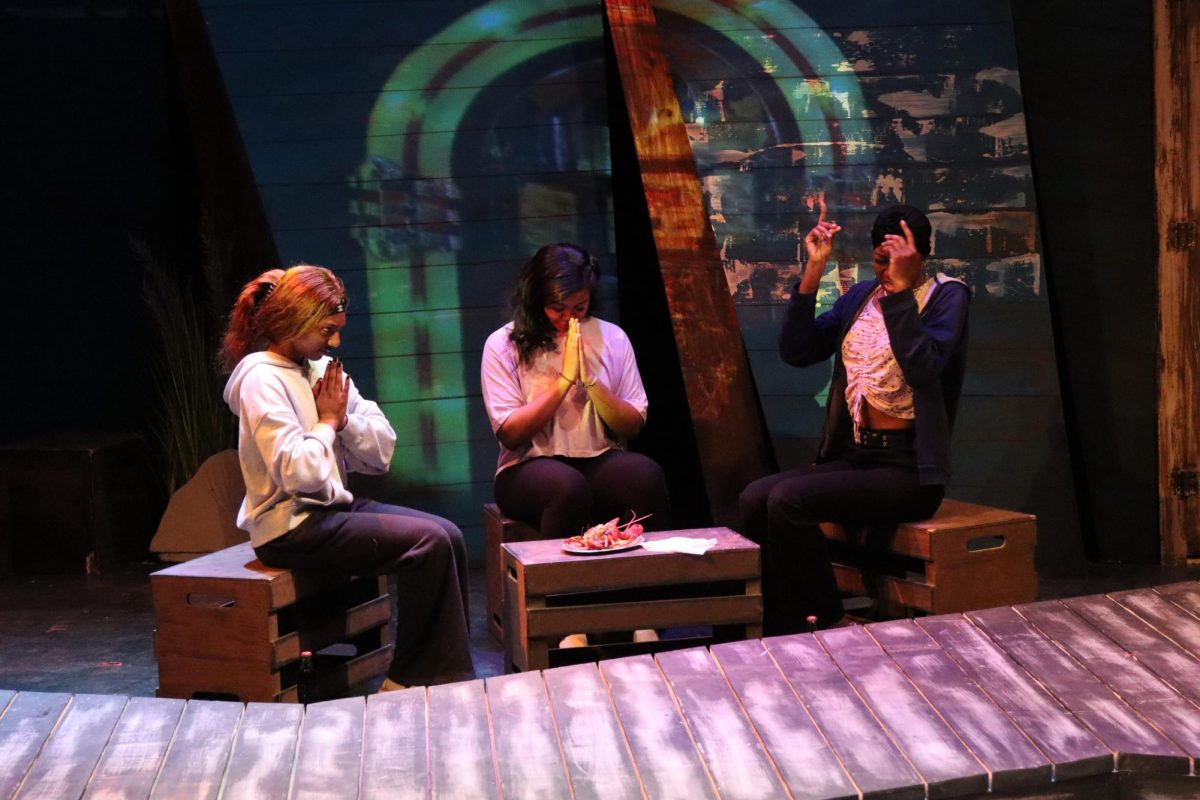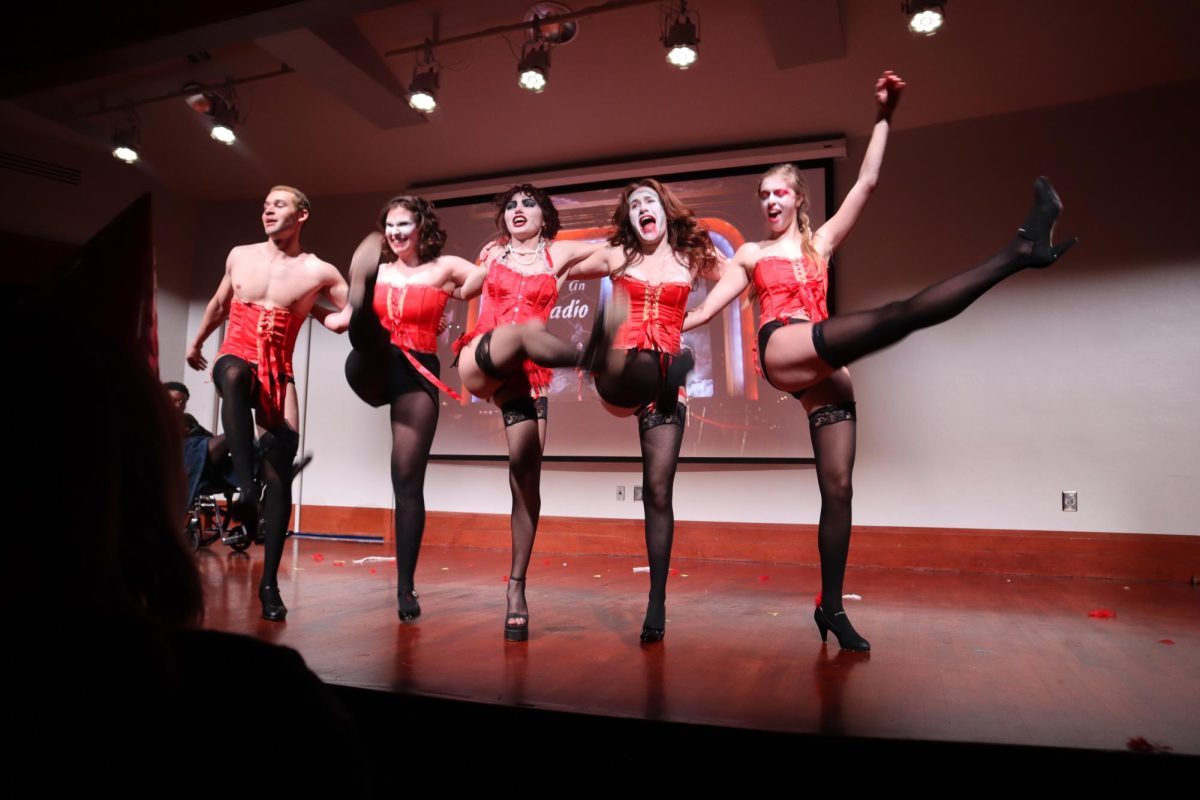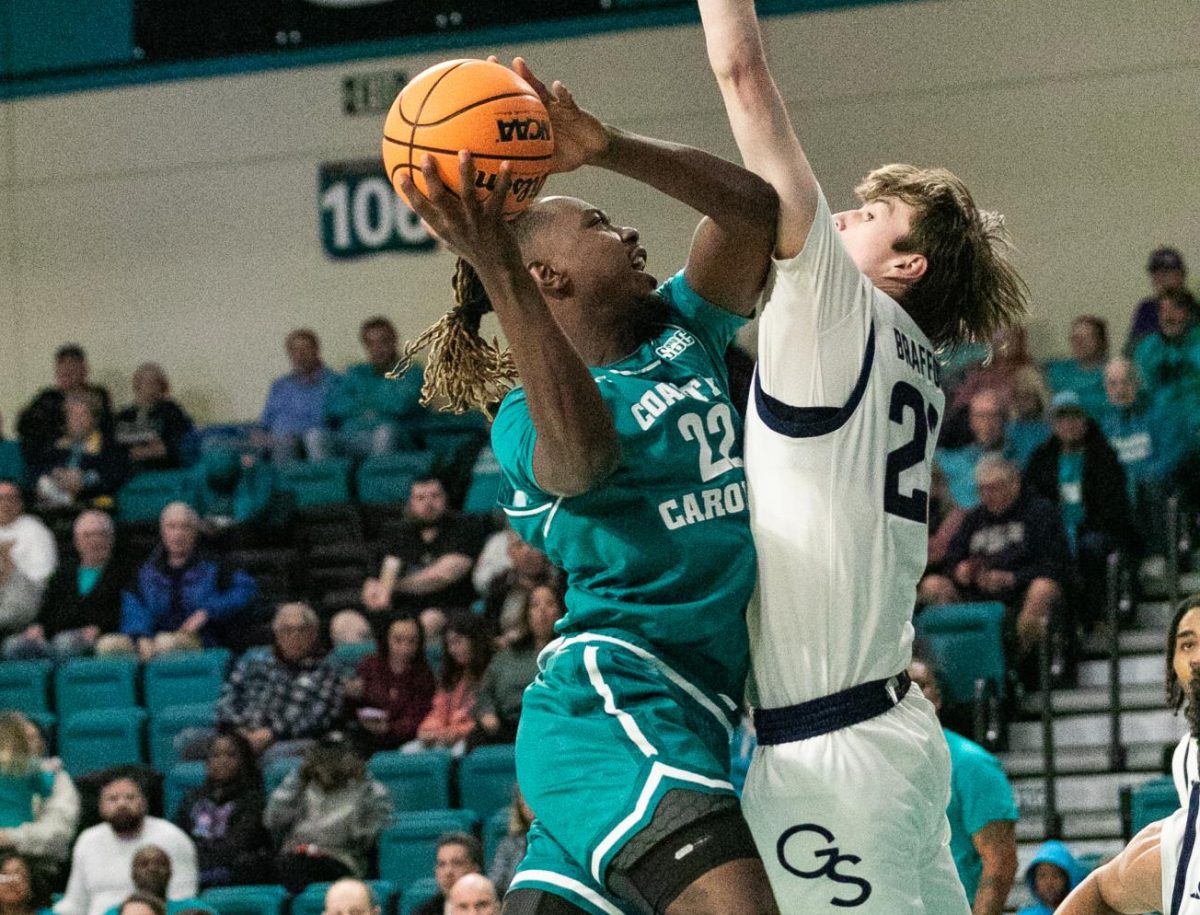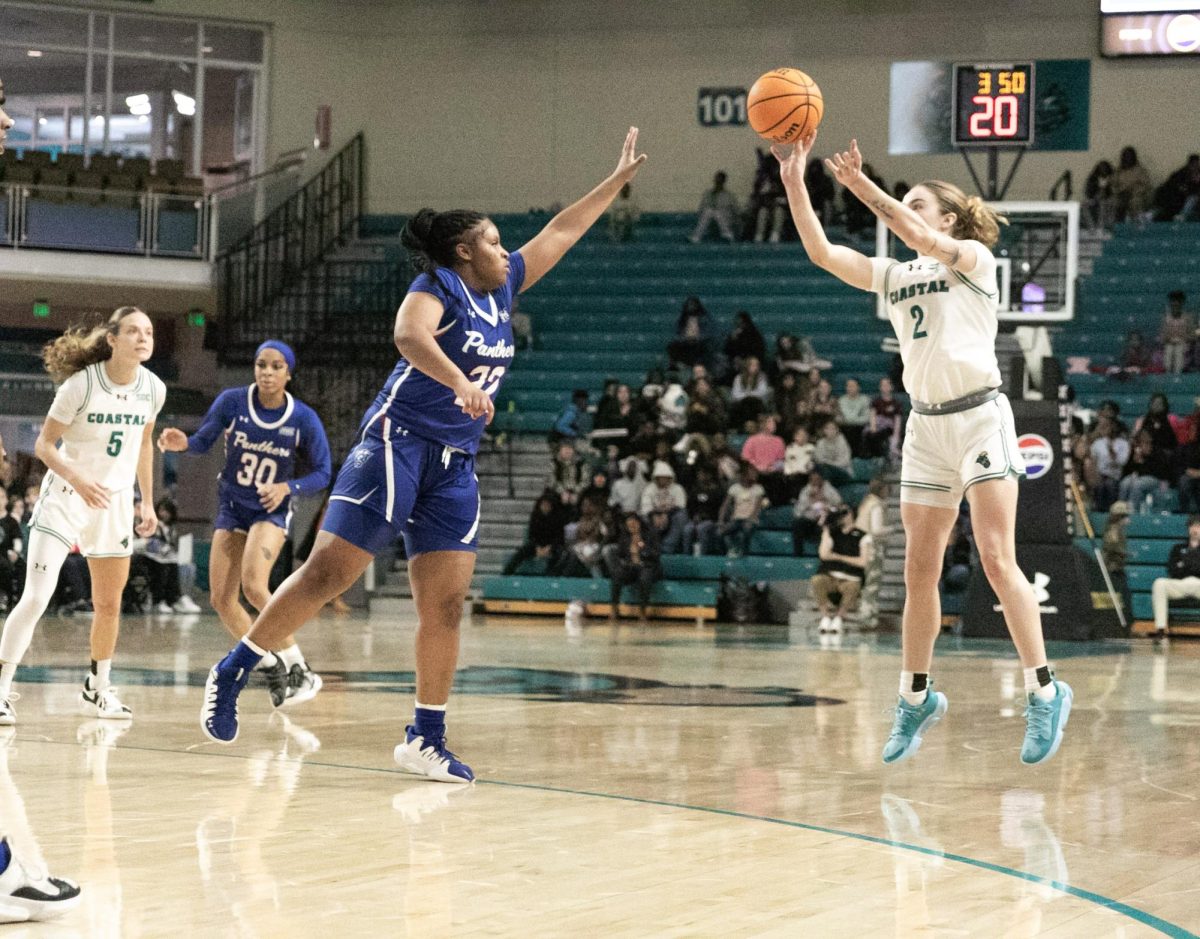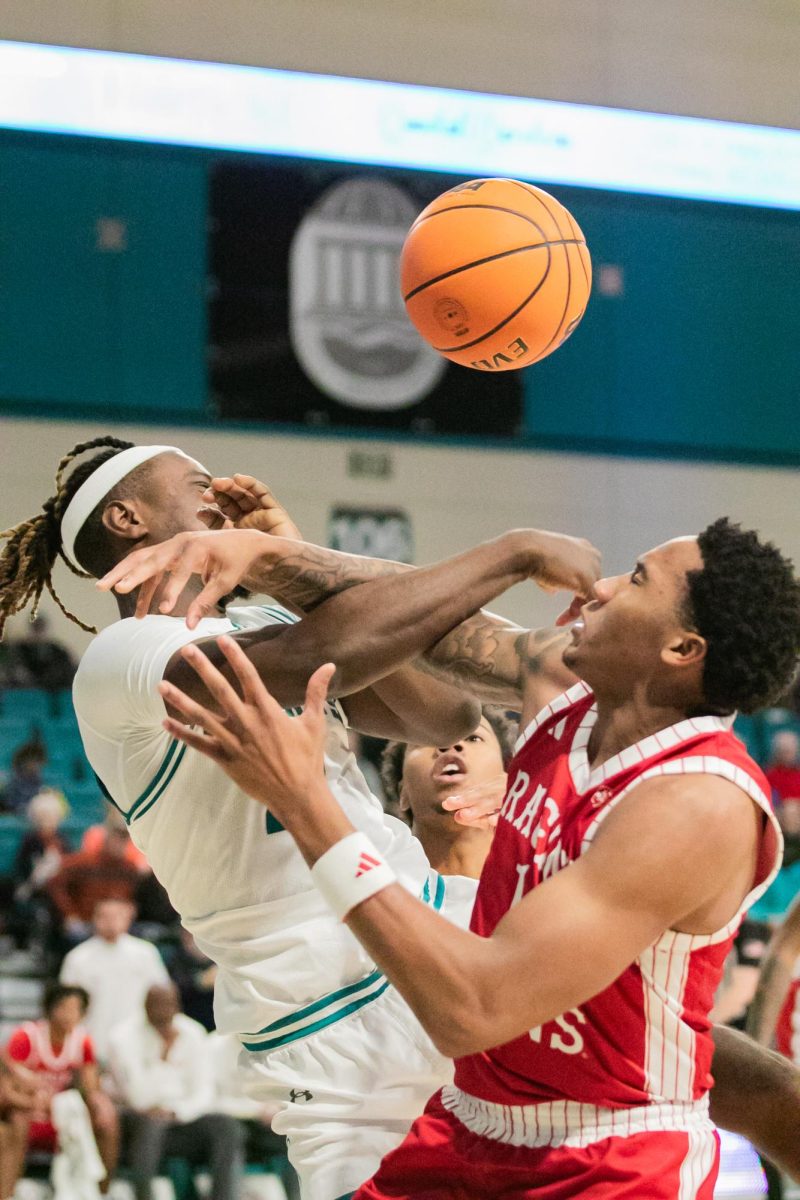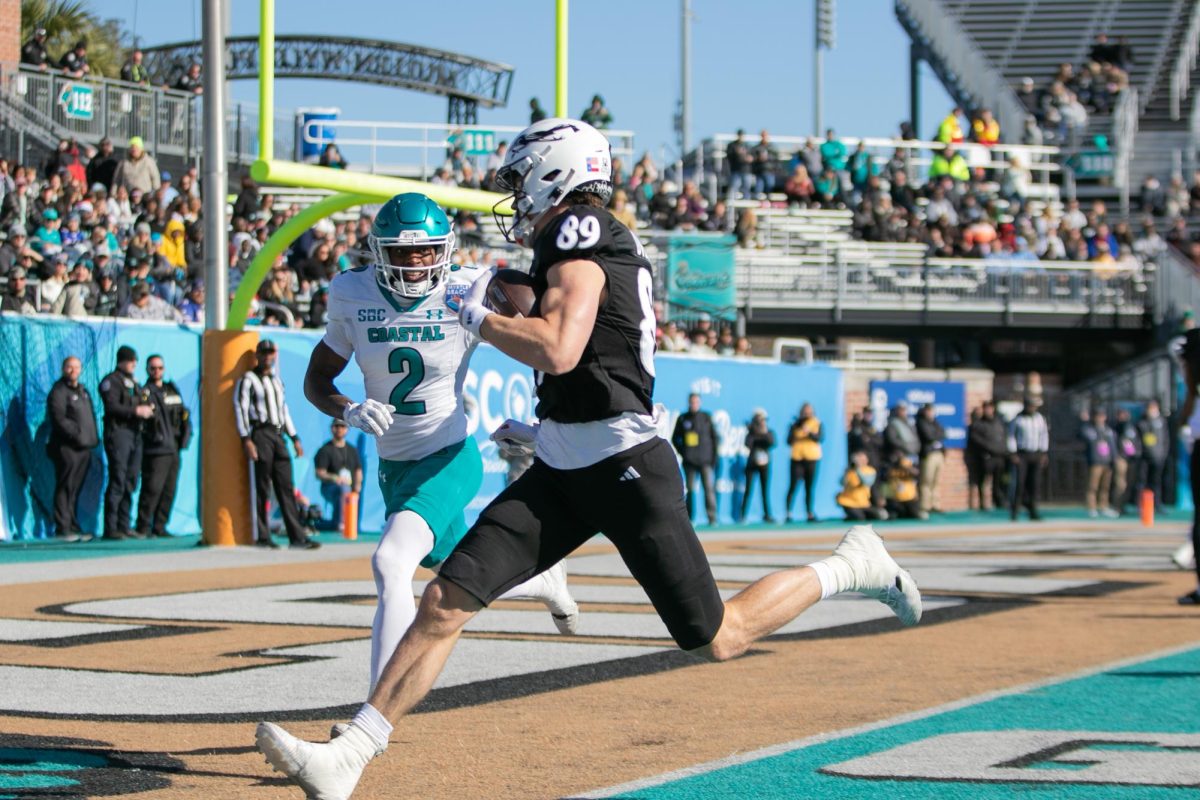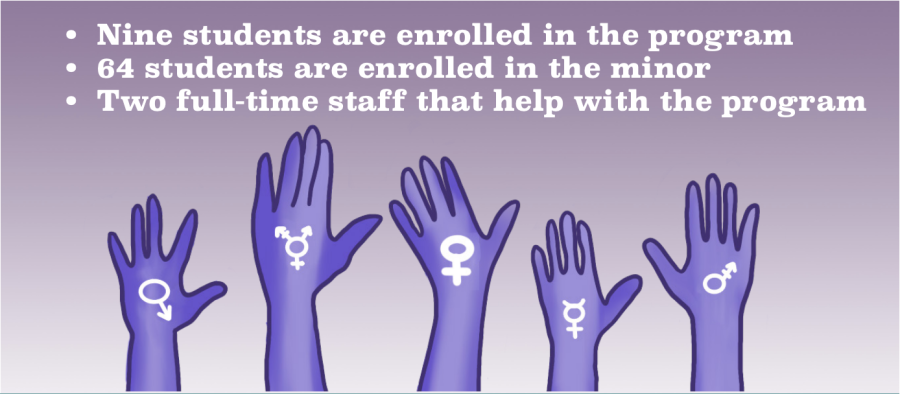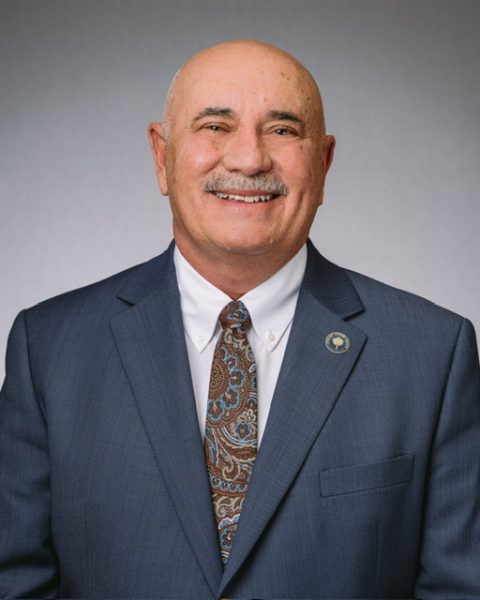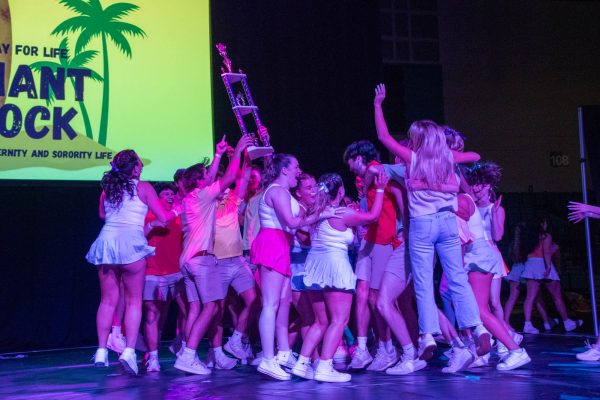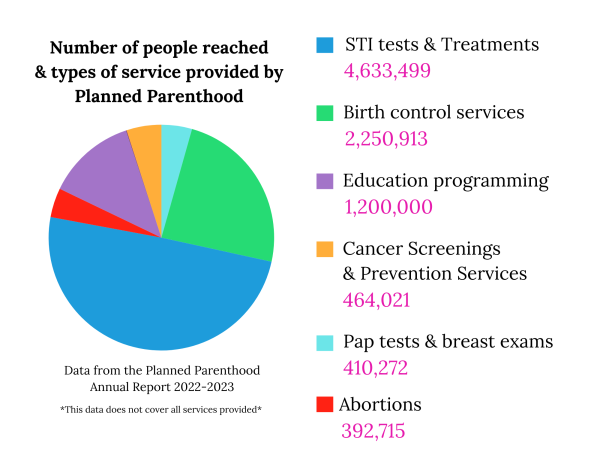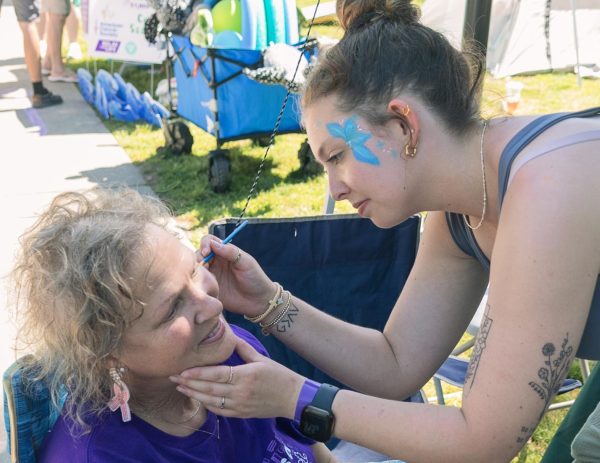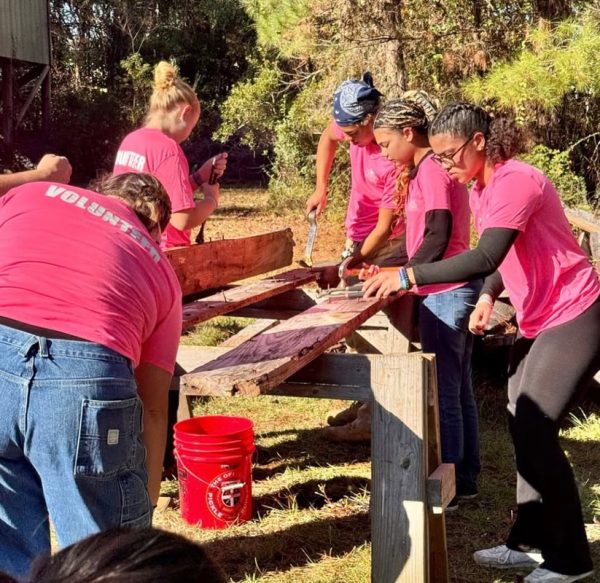Women’s and gender studies: From minor to major
The women’s and gender studies program got its start in 1992 as a small minor. However, with the help of faculty and the influx of students, the program now serves as a major.
The Bachelor of Arts and Bachelor of Science in Women’s and Gender Studies major began in January 2022. The first person with a women’s and gender studies major graduated in May 2022, and three additional students with the major graduated in Dec. 2022.
According to Director and Professor of women’s and gender studies Ina Seethaler, there are currently nine students enrolled in the major and approximately 70 are enrolled in the minor. Eight students are enrolled in the B.A., and one student is enrolled in the B.S.
The B.A. focuses on general women’s and gender studies while the B.S. focuses on issues of equality in STEM (science, technology, engineering, math).
Seethaler was the first full-time employee hired for the Women’s and Gender Studies Department at Coastal Carolina University in 2016. For five and a half years, Seethaler was the only full-time employee in the program until lecturer Amanda Masterpaul was hired after.
The program became a major with the help of the two full-time faculty and over 30 affiliated faculty. The affiliated faculty are not housed in women’s and genders studies, but they help teach classes, help with events, and help to promote the program. They come from all the different colleges, providing a range of expertise.
The office for the program is housed in the HTC Honors College. Seethaler said this causes issues with how the program is perceived.
The office for the program is housed in the HTC Honors College. Seethaler said this causes issues with how the program is perceived.
She said her favorite part of the program is how it opens students’ worldviews. Seethaler said she believes the program encourages students to think critically of the world and how to better consume social media.
“You can really tell the change and how students can take what we’re talking about in the classroom and then apply that to life outside of the classroom,” Seethaler said.
She said the biggest focus of the program right now is getting more major students involved. The more students enrolled in the major, she said, the more faculty the university will be able to hire.
Today, women’s and gender studies is just a program at CCU. Although, with more growth, it could become a department and therefore gain more resources and visibility on campus.
According to Seethaler, most of the students for the program come out of the Edwards College of Humanities and Fine Arts, Conway Medical Center College of Health and Human Performance, and Spadoni College of Education and Social Sciences. However, she said she would love to get more science and business students involved.
Women’s and gender studies minor and intern Emily Boling said that they enjoy all the people they have met through the program. They recommend every student should take a course at some point.
“It’s a very enlightening experience, and I think everybody should take a women’s and gender studies class,” Boling said.
According to Boling, Coastal Carolina is one of the first schools in the south where students can major in it and make it a profession.
“I have made really good friends that I could see being friends with for a very long time through that minor itself,” Boling said.

Telling stories through different mediums is what inspires me. I got my feet wet in journalism by being editor for my high school’s yearbook. Since then,...
